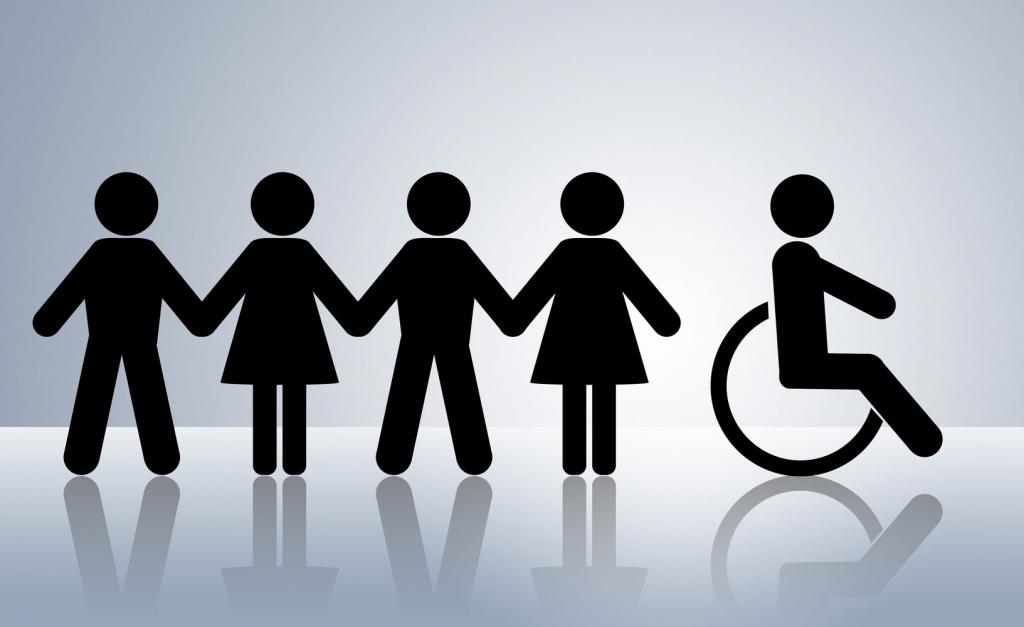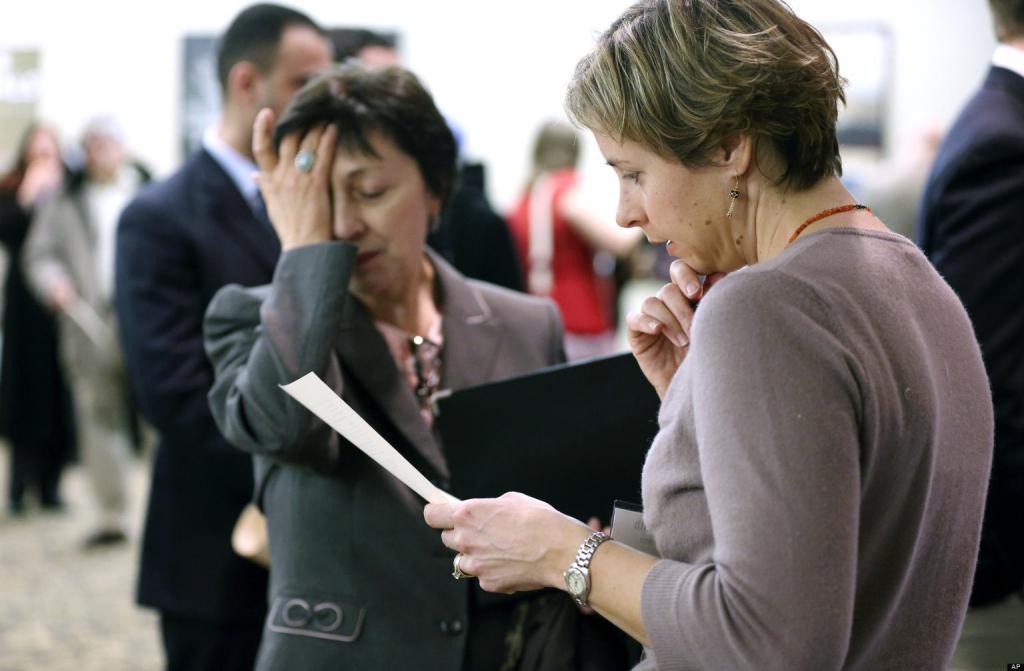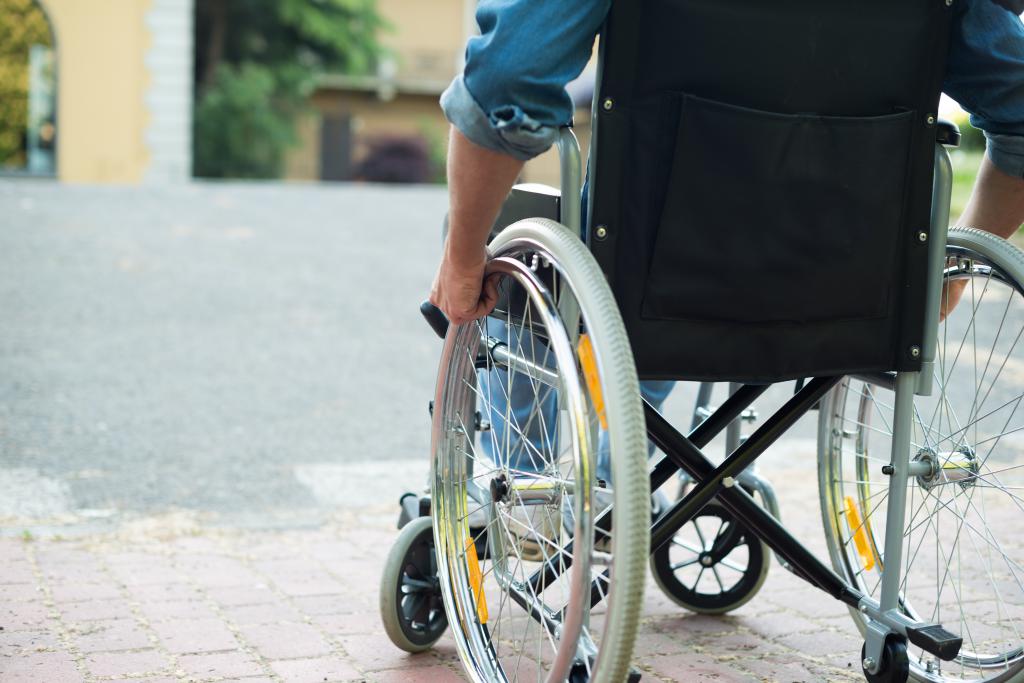An unemployed citizen is a person who, for several reasons, has lost the opportunity to work temporarily or for a long period. Dependents are individuals who are fully supported by someone. In addition, they can regularly receive help, which is considered the main source for their life and continued existence. Disability must be confirmed by appropriate medical certificates and documents.

Legal grounds for recognition of disability
Disabled citizens are:
- Minors under 16 years of age, as they are not able to fully work and show working capacity.
- Students studying in a secondary or higher educational institution (colleges, technical schools, academies, universities and institutes), a prerequisite is full-time education.
- Disabled people of the first and second groups, the corresponding conclusion is established in accordance with the law by doctors and organizations of medical and social expertise.
- Persons with disabilities in the third group can be recognized as disabled based on the total complexity and characteristics of the disease.
- Pensioners by age: in accordance with this legislation, a threshold is set for women 55 years, for men - 60. People living in the Far North region retire for five years earlier, they are not able to engage in labor activities while receiving a pension. However, a lot of controversy arises in this area both in theory and in practice. Workers and scientists are often asked to recognize retired and working pensioners.

The state of disability and its period are determined in the certificate, which confirms disability in accordance with the laws. It is issued by federal organizations of medical and social expertise. Pensions for disabled citizens are granted in Russia.
Changes in the status of disabled dependents
Even in the era of the USSR, such a law was in force, according to which dependents were in any case heirs of the first stage, and in the absence of first-order heirs, they had certain advantages over able-bodied persons.
Recently, a new law has come into force in existing Russian legislation. In accordance with it, the dependency incapacity, as well as inheritance rights, have undergone minor changes. They are determined using the 1148th article of the Civil Code of the Russian Federation. The Civil Code also indicates the list of persons belonging to the heirs under the current legislation. However, they are not considered heirs who may qualify for inheritance. Therefore, they are equated with other heirs if they have been dependent for at least a year. In this case, the place of residence is not taken into account.
In accordance with applicable law
In accordance with the current legislation, the heirs are citizens of the Russian Federation who are not included in the circle of persons listed in Articles 1142–1145 of the Civil Code. There is also an exception, therefore it is necessary to pay attention to the fact that at the time of opening the inheritance, disability must be officially recognized, and you must be in this status at least a year before the time of the death of the testator. These persons could live with him or be dependent. If the testator has other relatives, you need to know that they are in the same conditions.

What categories of disabled dependents exist?
A disabled citizen is a very broad concept.What does this mean? From the point of view of law, the status of disabled dependents has undergone major changes; some adjustments have been made to the laws. At the moment there are such categories of people who are disabled and cannot work:
- persons included by law in the list of heirs and included in their number from the second to the seventh stage;
- persons belonging to the heirs of the eighth priority.
Inheritance rights
Disabled dependents who are not part of the first-order heirs may legally qualify for inheritance. However, they must remain on the maintenance of the testator for at least one year before the day of his death. In this case, the condition of separate or shared residence will not be taken.

Disabled dependents not belonging to the line of successors may receive an inheritance only when they have lived together with the deceased for at least one year. However, upon termination of the relationship a year before the opening of the inheritance, the former dependent law may not claim property. If the testator has no relatives and other heirs specified in the legislation, disabled citizens are included in the composition of the heirs of the eighth priority.
What is the provision of disabled citizens? About it below.
How to prove disability?
Sometimes in the process of registration, significant difficulties may arise in obtaining property, because the Civil Code of the Russian Federation does not clearly identify disabled dependents. For this reason, a person is forced to prove his own incapacity for work in accordance with the judicial procedure. Disability is understood as a person’s lack of the ability to carry out labor activity or a restriction associated with a person’s physical disability. That is why a citizen is not able to provide himself financially, and also to receive income.
But there are certain rights for disabled citizens. He loses his ability to work due to various life reasons and circumstances. All this must be indicated during the trial. Human disability is the most controversial legal issue in legal proceedings. The federal code does not even indicate approximate criteria providing the possibility of recognizing a citizen as disabled.

What are the benefits for disabled citizens? In what size? Residents who have reached retirement age and are not engaged in labor activities are considered to be disabled people and receive pension payments accordingly.
Social pensions for disabled citizens, size in 2018
A social pension is granted to disabled citizens under Art. 5 of the Federal Law of December 15, 2001 “On State Pension Provision in the Russian Federation”.
Starting April 1, the minimum social pension is 4454.58 rubles. This amount will be paid to disabled people of group III (who have the opportunity to work), additional payments are not taken into account. The II group of invalids, old-age pensioners and representatives of the northern peoples will receive 5240.65 rubles. The same applies to children who are left without a breadwinner. Social security from the state for children with disabilities and people with disabilities of group I since childhood is 12,577.42 rubles. Adult disabled people of group I and II, received in childhood, will receive 10,481.34 rubles.

Caring for Disabled Citizens
The Russian legislation adopted the Rules for the execution of compensating regular payments to non-working people who are among the working population, who look after disabled people. The costs arising from compensation payments to citizens caring for the disabled are financed from the resources of the federal budget, which are allocated annually for such a purpose. Payment criteria are determined in accordance with the Decree of the Head of the Russian Federation dated 12.26.2006 “On Compensation Payments ...” under No. 1455:

- compensating monthly funds for persons living in the territory of the Russian Federation, looking after residents with the 1st disability group, minor crippled children and senior citizens who need care of outsiders in accordance with the verdict of a medical organization or have reached eighty years of age, equal to five hundred rubles;
- compensatory payments are assigned to the pension, which is allocated to the disabled population, while caring for him in the manner established for the payment of these provisions;
- compensatory funds are assigned to persons caring regardless of family ties, as well as cohabitation with a person who has lost working capacity;
- compensatory payments are determined and carried out by the department that distributes and issues pensions.
Now we know who this is - a disabled citizen.
